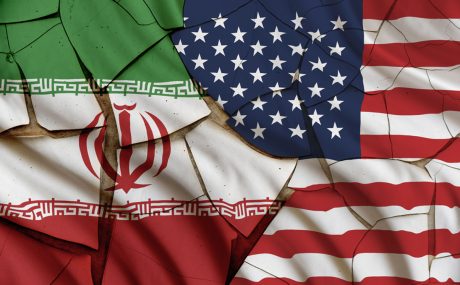On 7 August 2018, the day that the first wave of US Iran sanctions came into force following the withdrawal from the Joint Comprehensive Plan Of Action (JCPOA, aka the Iran Nuclear Deal), the EU Commission published new guidance on the operation of the Blocking Regulation. (Further information about the Blocking Regulation and potential damages claims arising out of it can be found in this recent article by Marc Jones and Elaina Bailes – US Iran Sanctions and the EU Blocking Regulation – private law claims for damages).
The new guidance (EU Commission Guidance Note on the adoption of the update of the Blocking Statute (2018/C 277 I/03)) offers further comfort to EU businesses or persons with commercial interests in Iran. It confirms that they will have a right to recover compensation for damage suffered as a result of trading partners withdrawing from business activities related to Iran in order to comply with US sanctions.
The key new points in the guidance note relevant to potential damages claims are as follows:
- The Commission reiterates that the purpose of the Blocking Regulation is to ensure “EU operators are free to conduct their business as they see fit in accordance with EU law and national applicable laws. This means that they are free to choose whether to start working, continue, or cease business operations in Iran or Cuba, and whether to engage or not in an economic sector on the basis of their assessment of the economic situation”. (Q5)
- The guidance note flags the right for EU operators to recover damages under Article 6 of the Blocking Regulation and confirms the “very broad” scope of damages that can be claimed, in line with the protective aim of the legislation. (Q13)
- It also indicates that the party from whom damages can be recovered will “depend on the specifics of the case, on the kind of damage caused, the person or entity actually causing it, the possible shared responsibility in causing such damage, etc”. The Commission notes that the broad remit of Article 6 means that it also includes the intermediaries and the representatives of responsible persons/entities. The question of who is the appropriate defendant will be one for the competent court hearing the claim. (Q13)
- It confirms that the Blocking Regulation applies to EU subsidiaries of US companies but not branches of US companies in the EU as they do not have distinct legal personality. This may have implications for professional advisors within the EU with a US footprint. (Q21)
This confirmation by the EU Commission of the “very broad” application of Article 6 is good news for EU operators currently assessing their options as to whether to continue to do business in Iran. It provides encouragement that Article 6 can be widely used to protect parties’ economic interests should their business partners withdraw from transactions or refuse to provide banking or other services in the face of the US sanctions.
You can find further information regarding our expertise, experience and team on our Commercial Litigation pages.
If you require assistance from our team, please contact us or alternatively request a call back from one of our lawyers by submitting this form.
Media contact: Lydia Buckingham, Senior Marketing Executive, +44 (0) 20 7822 8134, lbuckingham@stewartslaw.com




